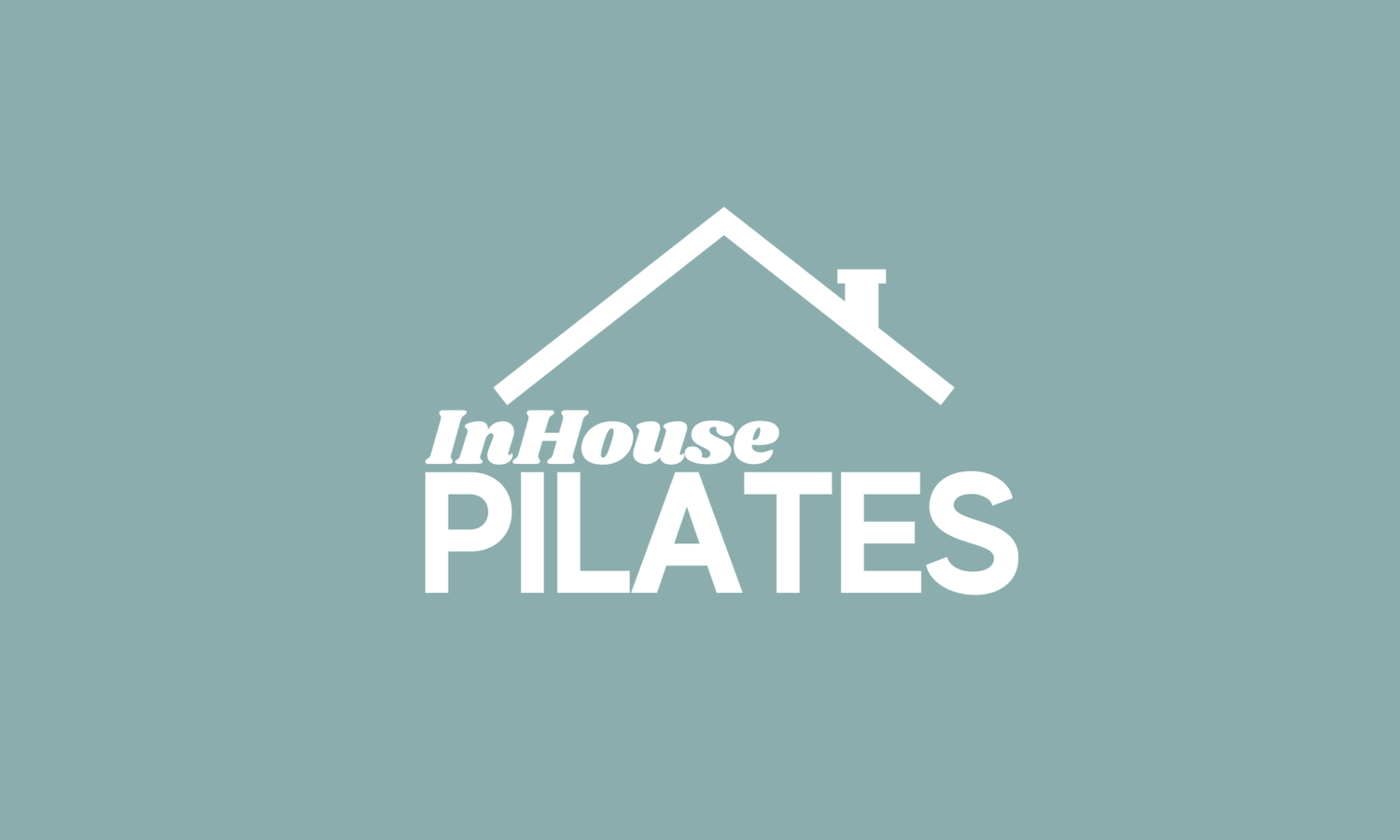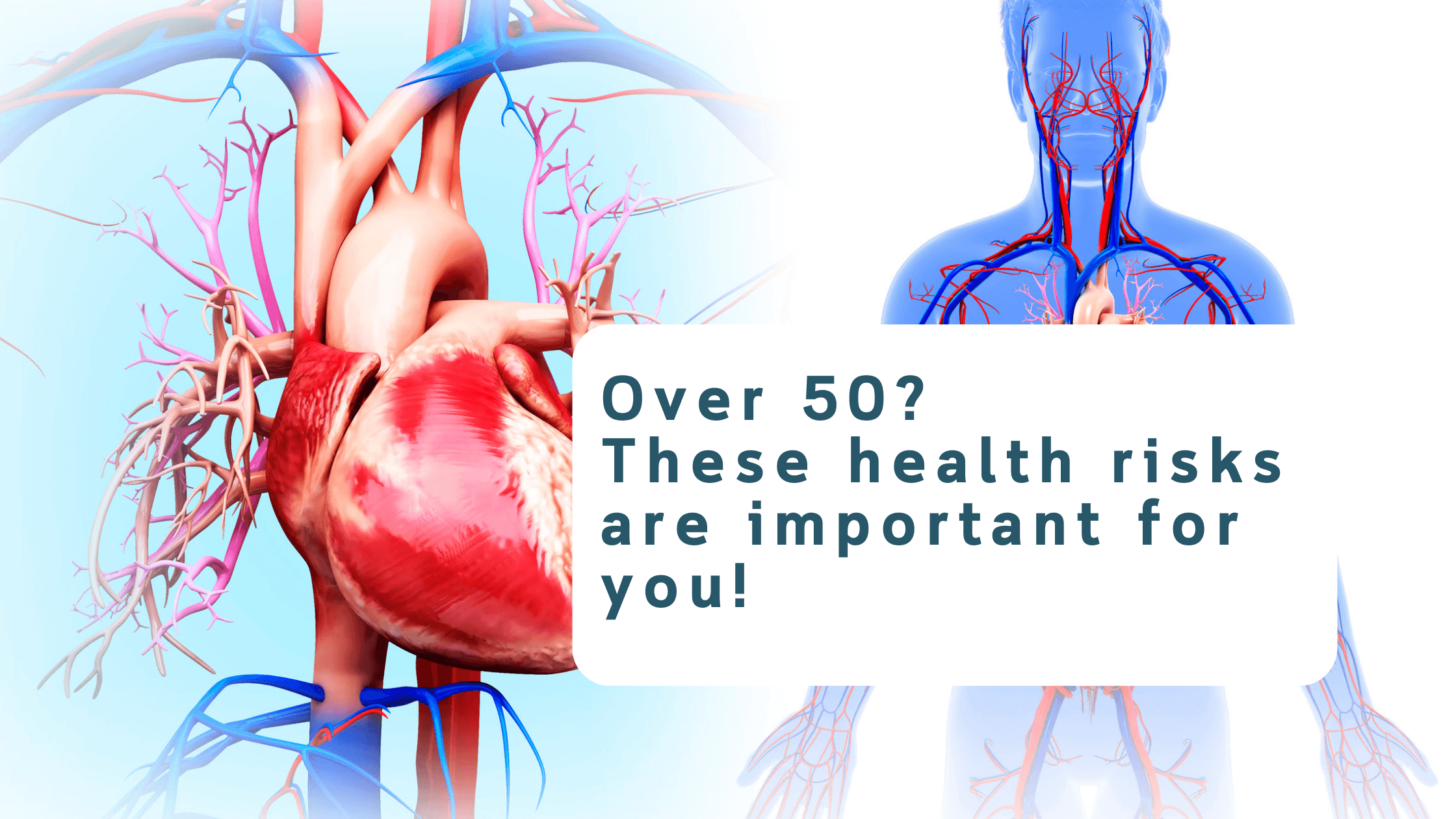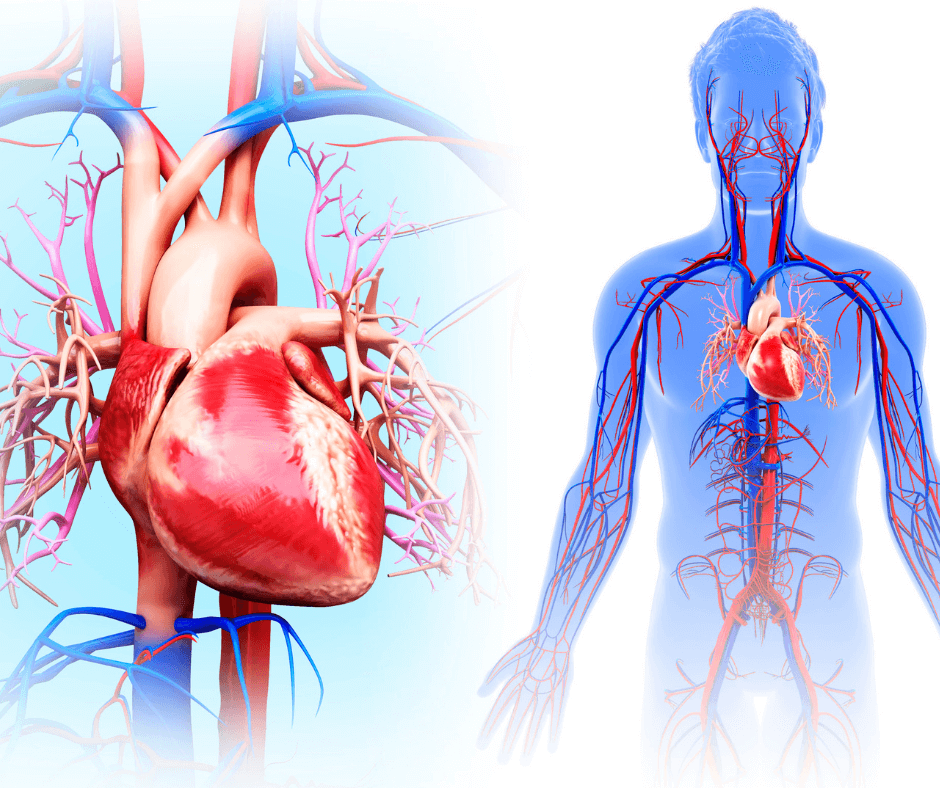Over 50? Post menopausal? These health risks are important for you!
I recently read about ‘6 Health risks that can occur after menopause, I’ve added a 7th, I did some research, and thought I should share this, seeing that we are all around this age and this is important to know and do something about. And because knowledge is power!
These health risks include:
Heart disease
Breast cancer - to read the full blog, click here.
Osteoporosis - to read the full blog, click here.
Diabetes - to read the full blog, click here.
Gum Disease - to read the full blog, click here.
Sleep apnea - to read the full blog, click here.
Something to think about, if you thought that menopause is for older women, think again. If you are over 50, this applies to you.
Cleveland Clinic explains that ‘There are 3 stages of menopause:
‘Perimenopause - the time leading up to menopause.
It describes a time when hormones start to decline and menstrual cycles become erratic and irregular.
Menopause - when you’ve stopped producing the hormones that cause your menstrual period and have gone without a period for 12 months in a row.
Postmenopause - the time after menopause has occurred.
Once this happens, you're in postmenopause for the rest of your life. People in postmenopause are at an increased risk for certain health conditions like osteoporosis and heart disease.’
Heart disease
Cleveland Clinic continues to explain that since estrogen levels decrease after menopause, LDL cholesterol (the bad kind) increases, and HDL cholesterol (the good kind) decreases. This leads to the build-up of fat and cholesterol in the arteries that contributes to heart attack and stroke.
According to Heart Research Australia, ‘heart disease kills twice as many Australian women than breast cancer. 40% of heart attacks in women are fatal, and many occur without warning’
Adding to that, many women in post menopause become more sedentary, leading to high blood pressure and high cholesterol, and an increase of body fat around the abdomen’.
Why is heart disease less recognised in women?
Women tend to develop symptoms of heart disease at a much later stage of the illness than men.
Their symptoms are often vague or ‘non-specific’.
Some diagnostic tests for heart disease are less accurate in women than in men.
Women are less likely to seek help quickly.
Some health professionals are less likely to check.
Women’s symptoms of a heart attack.
Did you know that women can experience different symptoms of a heart attack compared to men?
Men experience:
Chest pain or discomfort
Shortness of breath
Nausea
Women experience
Back, neck, or jaw pain or tightness
Burning sensation in the chest, similar to heartburn
Chest discomfort
Dizziness
Vomiting
Fatigue
Light headedness
Nausea
Shortness of breath
Sweating
How can women reduce their risk?
Stick to an active lifestyle throughout life – preferably beginning in the pre-menopausal years with regular exercise (at least 30 minutes, 3–5 times a week)
Follow a low-fat diet
Eat plenty of fresh fruit and vegetables
Maintain a healthy body weight
8 in 10 cases of premature heart disease & stroke are preventable through healthy lifestyle behaviours.
Cardiologist Dr Edward Barin has established a wonderful new approach to keeping your heart healthy. He calls it the 4-M approach.
Move - Keep moving at any age and at any level of fitness.
Meals - Eat intelligently. Good nutrition extends beyond just controlling your intake of cholesterol, calories, and chocolate.
Measurement - Keep track of your health measurements.
This includes cholesterol levels, blood pressure, weight, sugar levels, waist circumference, and exercise capacity.
Mental Approach - Stay optimistic.
Many studies show your state of mind can protect, as well as damage heart health. Important risk factors that may lead to heart disease include stress, anger, and depression.'
Don’t wait until it’s too late to have your heart health checked. See your doctor, prevention is better than cure.
To view a gentle walking program to get your healthy heart journey started click here https://www.heartresearch.com.au/heart-disease/exercise



